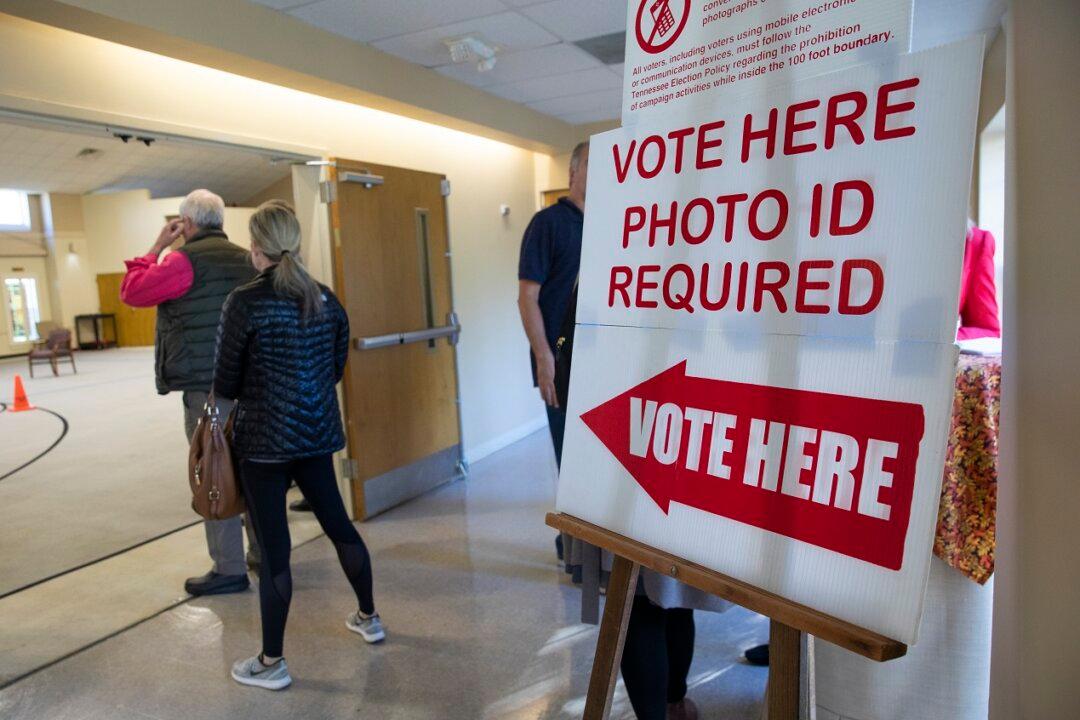WASHINGTON—On Monday, the House Subcommittee on Elections heard expert testimony on voter ID requirements while the Senate Rules Committee had a heated exchange about S.1., the “For the Peoples Act of 2021,” meant to federalize elections and end laws Democrats say suppress votes, like voter ID.
“Republicans want to ensure that every eligible person who wants to vote is able to cast a vote, then we make sure that every lawful ballot is counted, according to state law,” said Ranking Member of the House Subcommittee on Elections, Rep. Bryan Steil (R-Wis.).





